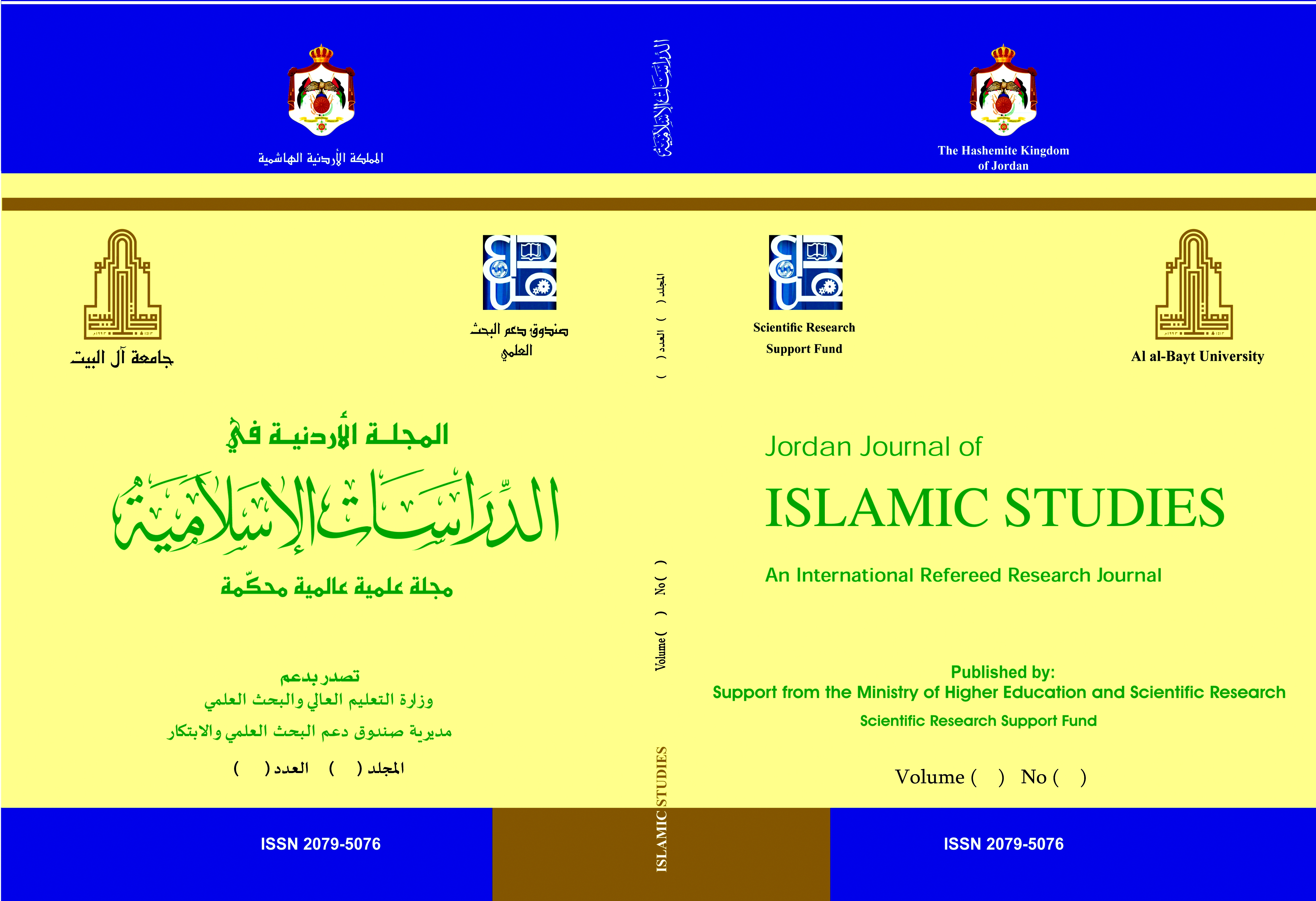Jordan Journal of Islamic Studies

Abstract
This study deals with the past verb in the Qur’anic description of the Israelis. It clarifies the difference between verbal and nominal discourse, in addition to the semantic effect of the past verb that is predicated to the absent pronouns in performing the event associated with time, and the role of the context in determining the new time, which is known as (Aljiha) or the addressee, as there is a difference between time and Aljiha. While time is the origin of the original or lexical meaning, Aljiha is contingent upon the linguistic factors that are associated with the verb, such as conditional sentence, emphasis, negation, verbal annulment (Al-nawasekh), and other factors. The study also shows the impact of the verbal discourse and its harmony with the position and status of the addressees through which the psychological dimension of the addressed group is known. The study sheds light on some of the verbs which had special meanings in the Qur’anic description of Israelis. This includes many verbs among them (ana).
Recommended Citation
al-Shammari, Imad al-Din Nayef and Al-Mahameed, Atef Adel
(2019)
"دلالة الفعل الماضي في التوصيف القرآني لبني إسرائيل The Significance of the Past Simple Verb in the Quranic Description of the Israelis,"
Jordan Journal of Islamic Studies: Vol. 15:
Iss.
1, Article 12.
Available at:
https://digitalcommons.aaru.edu.jo/jois/vol15/iss1/12

